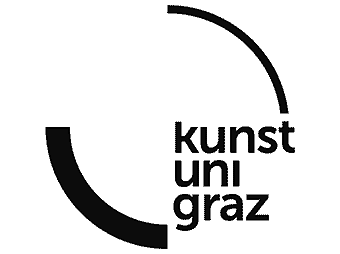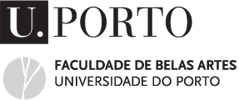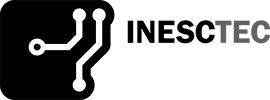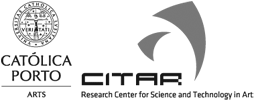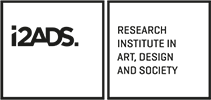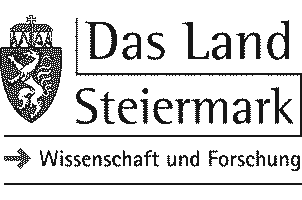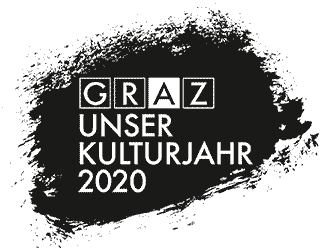
On The Vegetariat In Times Of Surveillance Societies
Even though Foucault had identified regimes of quantification as essential elements of biopolitics over half a century ago, the technological advances of recent decades have propelled population data collection from the confines of traditional institutions of normalisation (medicine, law enforcement, education, factories) into all spheres of society. For networked, interest-driven biopower, workers-consumers have become the primary producers of data, the so-called natural resource of the raw digital material. In the process of automated control, individuals merge into the vegetariat—the productive statistical biomass nonconsensually subjected to analysis, which in turn produces the leverage needed to manage it.
In the cultural landscape, the ficus, too, is part of the vegetariat. In agriculture, floriculture, gardening, and the industry of indoor jungles, green shopping centres and golf courses, the vegetal vegetariat is monitored by smart irrigation systems, integrated greenhouse sensors, machine vision applications, and logistics optimisation algorithms. Technology keeps an eye on plant bodies to ensure their growth satisfies the needs.
Despite the seemingly unidirectional vector of power from the system that manages to the managed vegetariat, relationships are far from immutable. Positioned in between interests and the biomass, algorithms are promiscuous by nature; mostly they serve those who write them, occasionally prompting an upheaval or holding up a mirror to society. We ask, given the opportunity, what kind of algorithms would the ficus trees write for themselves.
Špela Petrič BSc, MA, PhD, is a Slovenian new media artist and former scientific researcher, currently employed at the Vrije Universiteit Amsterdam. Her practice is a multi-species endeavour, a composite of natural sciences, wet media, and performance. She envisions artistic experiments that enact strange relationalities to reveal the ontological and epistemological underpinnings of our (bio)technological societies and challenge the scope of the adjacent possible.

